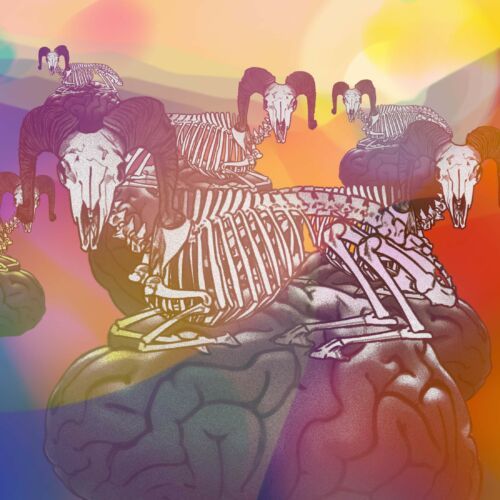How does language shape the human brain?
Language is not just about the words we speak but also about who we are – literally. A study based on 94 brain scans of native speakers of German and Arabic showed that they have different strengths of connections in specific parts of the linguistic circuitry. Therefore, according to researchers at the Max Planck Institute for Human and Brain Cognitive Sciences in Leipzig, our native speech uniquely shapes the white matter that connects the parts of the brain responsible for language processing and accelerates communication between them.
The new textbooks that will be sent to Mexican schools will contain forms that are officially considered grammatical errors, pleonasm and incorrect wording. They are rarely used in writing but appear in speech. They are mainly forms of verbs used in poorer neighbourhoods in Mexico, inhabited by less educated communities. According to the teacher’s manual, “it is important to make students aware of the fact that there are different ways of speaking, to avoid judgements based on how the language is used”.
Many of Agatha Christie’s books, including those on the character of Hercule Poirot, have been rewritten with modern linguistic sensibilities in mind: racist terms have been removed, and sections of the text have been revised. In the new editions published by HarperCollins, the original paragraphs containing descriptions, slurs and references to ethnicity have been altered or removed, particularly in the case of non-UK characters.


























